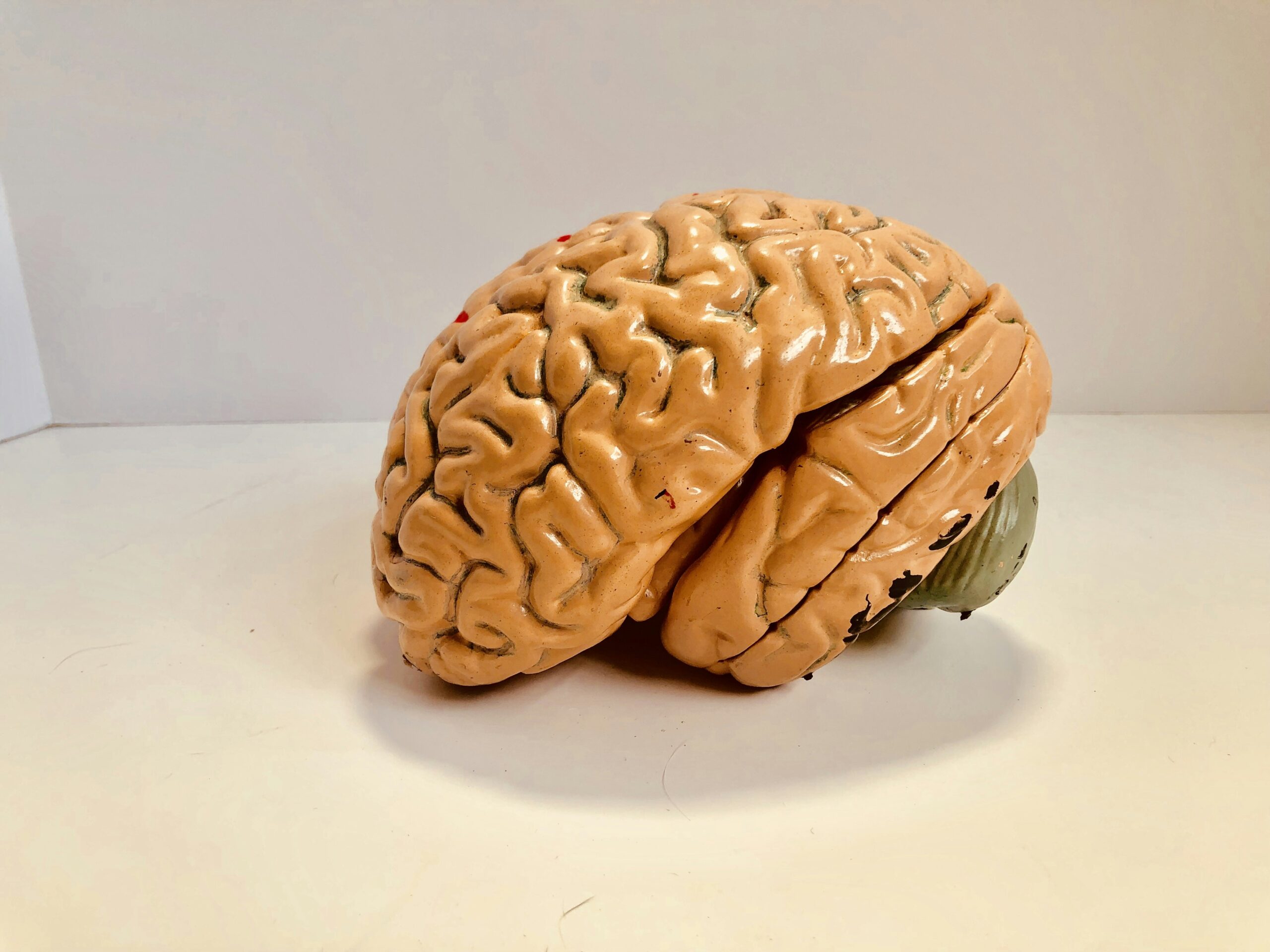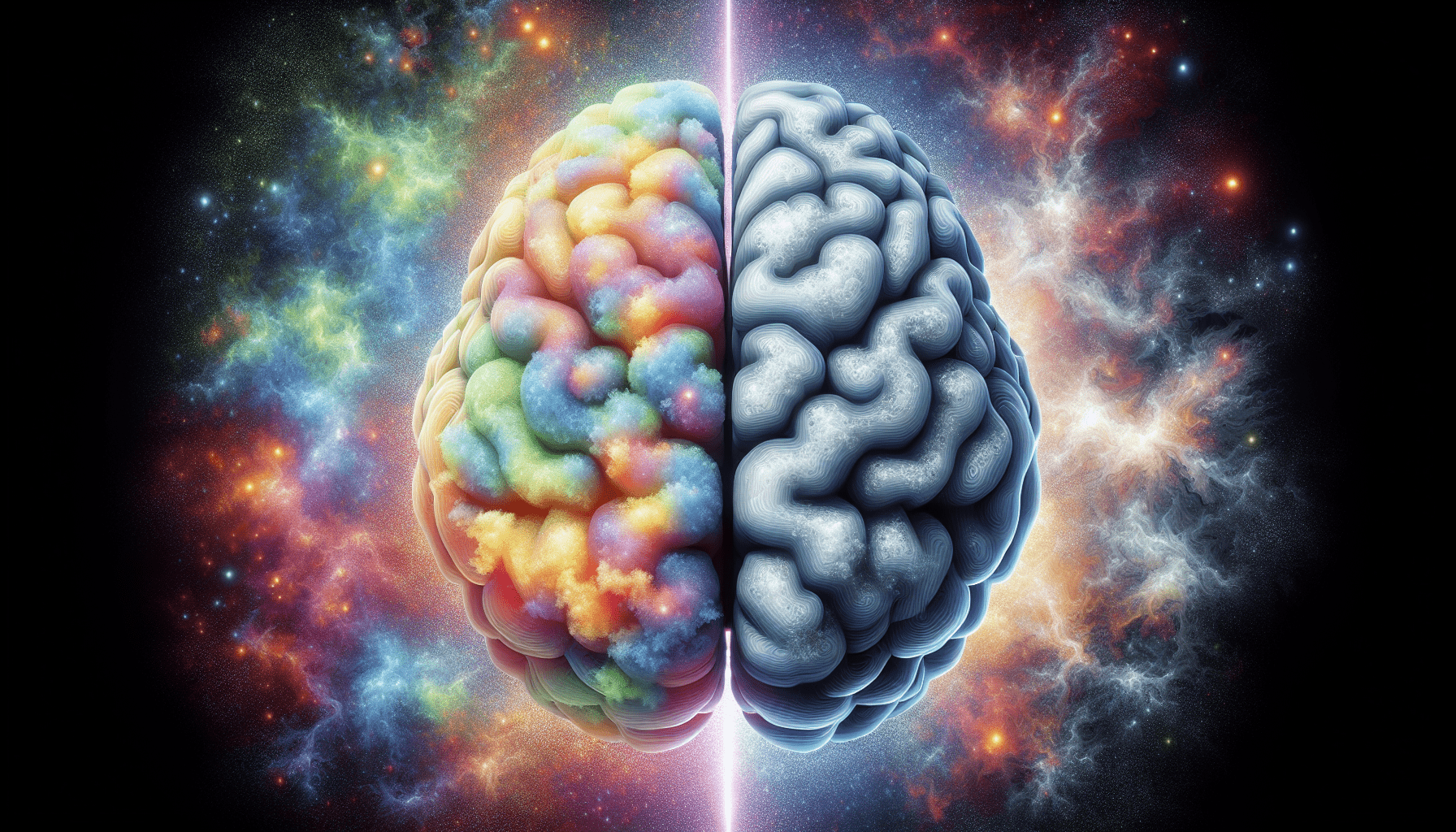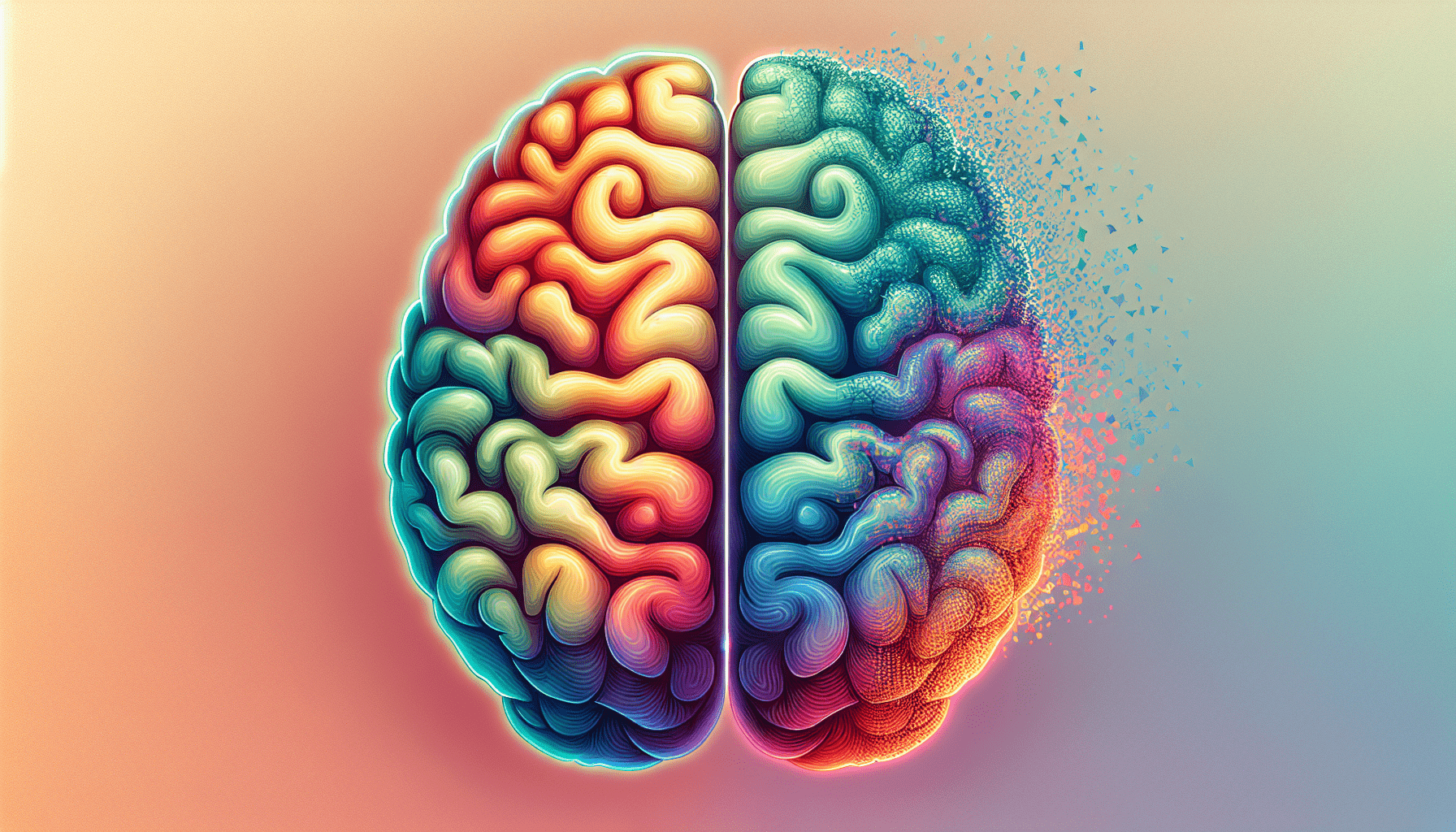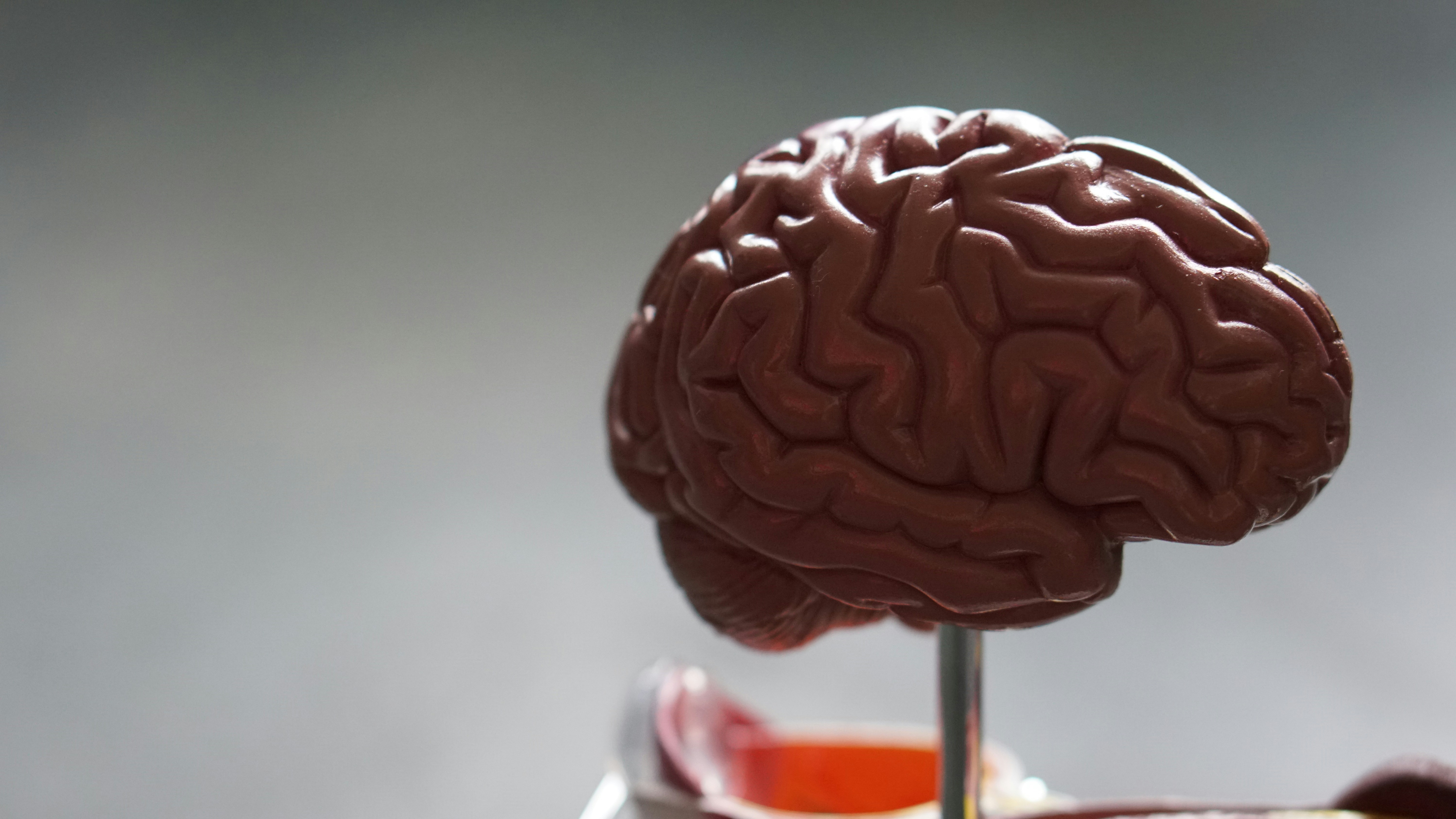Understanding the Progression of Cognitive Decline to Dementia” offers a comprehensive exploration of the nuanced journey from mild cognitive decline to the more severe states of dementia. You will gain a deeper understanding of how cognitive abilities gradually deteriorate and the typical timeframes associated with this progression. Through insightful detail, the article uncovers the complexities and variability in rates of decline, emphasizing the importance of early detection and intervention in managing the symptoms and improving quality of life for those affected. Have you ever wondered how long it takes for cognitive decline to progress to dementia? Understanding this journey can be a daunting task, but it's crucial for managing expectations, seeking timely interventions, and possibly slowing the progression.
Understanding Cognitive Decline
Cognitive decline refers to the gradual loss of cognitive abilities due to aging or other factors. You might notice that your ability to remember, think, or make decisions isn't as sharp as it used to be. While not all cognitive decline leads to dementia, it's essential to recognize the signs early.
Early Signs and Symptoms
In the initial stages, you may experience mild forgetfulness or problems finding the right words. These changes can be subtle and often go unnoticed.
Mild Cognitive Impairment (MCI)
Mild Cognitive Impairment (MCI) is a stage between the expected cognitive decline of normal aging and the more severe decline of dementia. With MCI, you may experience noticeable problems with memory, language, or other essential cognitive functions that are beyond what is considered normal for your age.
| Symptom | Description |
|---|---|
| Memory Loss | Frequently losing items or forgetting appointments |
| Language Problems | Difficulty finding the right word or calling objects by the wrong name |
| Attention Issues | Struggling to maintain focus or follow conversations |
| Executive Function | Problems with planning, organizing, or decision-making |
Transition to Dementia
The progression from cognitive decline to dementia varies greatly among individuals. Dementia is a broad term used to describe severe cognitive decline that interferes significantly with daily life.
Stages of Dementia
Dementia progresses in stages, and understanding these can help you recognize how the disease evolves.
Early-Stage Dementia
In early-stage dementia, the symptoms of cognitive decline become more pronounced. You may forget names or recent events and have difficulty managing your finances or cooking.
Middle-Stage Dementia
This stage is marked by a decline in the ability to perform day-to-day activities. You may find it challenging to dress, bathe, or communicate effectively. Behavioral changes like agitation or aggression may become apparent.
Late-Stage Dementia
In late-stage dementia, you will likely need comprehensive care. You might lose the ability to walk, sit up, or even swallow. Communication becomes minimal, and you may be bedridden.

Rate of Progression
The speed at which cognitive decline progresses to dementia can differ significantly.
Factors Influencing Progression
Several factors can accelerate or slow down the progression:
- Genetics: A family history of dementia can increase the risk.
- Lifestyle: Factors like diet, exercise, and social engagement play crucial roles.
- Other Health Conditions: Conditions such as heart disease, diabetes, or high blood pressure can also impact progression.
| Factor | Impact |
|---|---|
| Genetics | Family history can increase the likelihood of faster progression |
| Lifestyle | Healthy habits such as regular exercise and a balanced diet can slow progression |
| Health Conditions | Conditions like hypertension or diabetes may accelerate cognitive decline |
Estimated Timelines
While timelines can vary, research provides some average durations from the onset of MCI to dementia:
- Mild Cognitive Impairment (MCI) to Dementia: Typically ranges from 2 to 5 years.
- Early Dementia to Late-Stage Dementia: Usually spans 5 to 10 years.
Keep in mind, these are averages, and individual experiences can differ widely. Some people with MCI remain stable for years, while others may progress more quickly.

Management and Intervention
Managing cognitive decline and potential progression to dementia involves several strategies.
Early Diagnosis
Early diagnosis can be pivotal. It allows for better management and planning.
Medical Interventions
There's no cure for dementia, but certain medications can help manage symptoms. Cholinesterase inhibitors, for example, may improve some cognitive symptoms for a while.
Lifestyle Changes
Adopting a healthy lifestyle can have a significant impact. Regular physical activity, a balanced diet rich in fruits and vegetables, and engaging in mental and social activities can be beneficial.
| Strategy | Benefits |
|---|---|
| Early Diagnosis | Better management, planning, and intervention |
| Medications | Help manage some symptoms though not a cure |
| Healthy Lifestyle | May slow the progression and improve quality of life |
Support Systems
Having a robust support system is crucial. Family, friends, and caregiver support can make a significant difference in managing and coping with the disease progression.
Cognitive Training
Engaging in activities that challenge your brain—like puzzles, reading, or education courses—can be beneficial.

Conclusion
Understanding the progression from cognitive decline to dementia is about more than just knowing the stages. It's about recognizing early signs, appreciating the factors that influence progression, and employing effective management strategies. By staying informed and proactive, you can better navigate the complexities of cognitive health.
How long it takes for cognitive decline to progress to dementia varies from person to person, and multiple factors can influence this timeline. But with early diagnosis, healthy lifestyle choices, and strong support systems, it's possible to make the most of your journey through cognitive health challenges.



